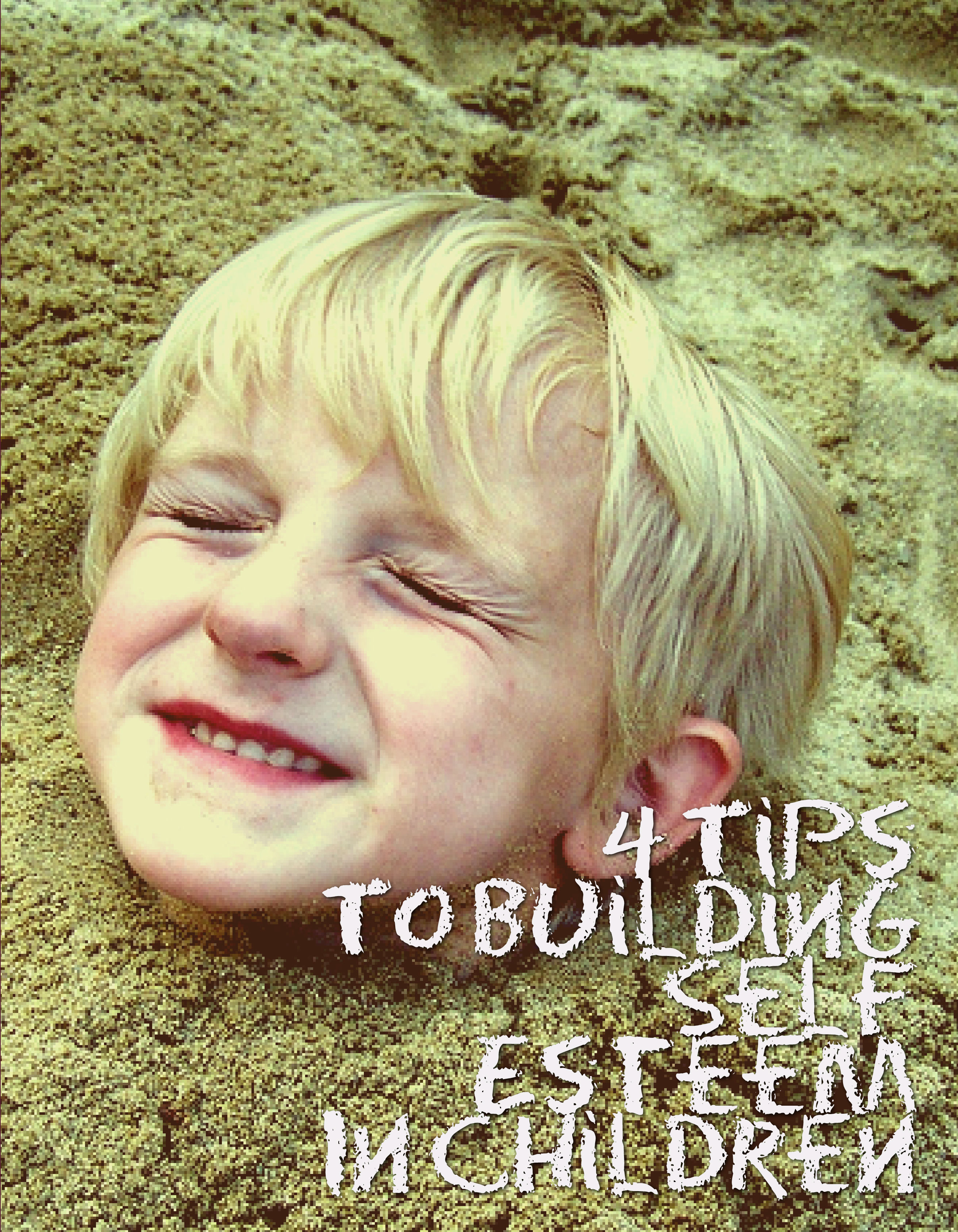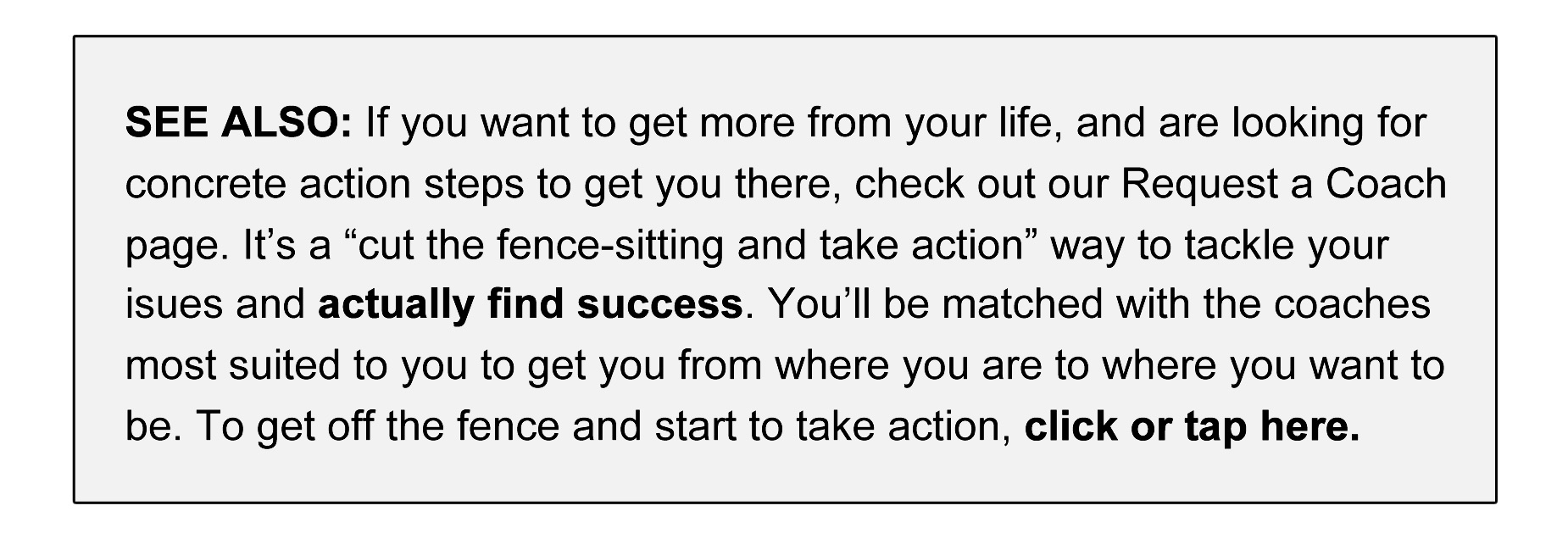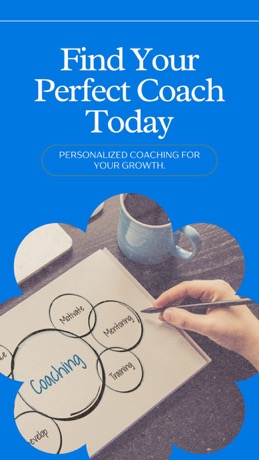
There are some simple steps you can take to build healthy self esteem in your children.
Learn how you can foster healthy self esteem in your children so they can feel good about themselves, relate well to others, behave more appropriately.
1. SHOW THEM YOU VALUE THEM.
Let your children know you love them. You can do this through praise and through direct expressions of love, hugs, and kisses.
Children need to be told directly by their parents or caregiver that they are loved. Your children need to be held, cuddled, and played with. Quality and quantity of time demonstrate valuing. Few things speak more to being valued than just being there.
2. TEACH THEM AND LET THEM LEARN
Competency is the next ingredient to healthy self-esteem. As your child grows and begins exploring the house (often the kitchen cupboards) they gain the opportunity to increase competency with access and control of larger objects over greater spaces.
Again your response as parent is crucial. Some parents structure the child's environment for maximum exploration while other parents localize their child's area of living. Either way, making way for the child to play and explore safely, whatever the limits, is often referred to as "baby proofing".
The greater the control and mastery of skills your child develops the greater the sense of competency - the second ingredient to healthy self-esteem.
You can facilitate competency by providing safe areas for your children to develop skills and by allowing your children to participate in household activities such as cooking, cleaning, laundry, making beds, etc. The goal of these activities is for your child to develop a sense of control - not the perfectionist pursuit of the best made bed, etc. Participation should be fun, supportive or helpful.
3. PARTICIPATE IN DOING GOOD DEEDS
The third thing you can do to facilitate healthy self-esteem in your children is to direct and participate with your children in doing good deeds.
Doing good deeds teaches children to be aware of the life of others beyond themselves. This enables the development of empathy and altruistic behaviour.
What's important is that children are encouraged or even positioned to be helpful to the extent of their ability. The little one may carry a plastic cup to the table, the middle one a plate and a spoon, while the big one can clear. Special little projects can be undertaken, visits can be made, and pennies can be put in the charity coin boxes at the check-out counter.
4. MAKE THE RULES OF LIFE CLEAR
The last thing parents can provide to facilitate self-esteem in their children is structure. Structure is a word that actually implies two separate concepts: routines and limits. Routines provide structure over time and limits provide structure over behaviour.
Another way to think of structure is like the rules of a game. How well could you play Monopoly, Hop Scotch, Tag, or Hide and Go Seek, if there weren't rules? Rules include who goes next, under which circumstances, and when. The rules also include what happens when someone goes outside the normal bounds of play - miss a turn, pay a fine, etc.
Knowing the rules of the game of life is sometimes referred to as internalising structure. This too is also a form of competency - when your child knows the how’s, what’s, when’s, and where’s, of life.
Unfortunately this information doesn't come automatically. Children may pick some of the rules up incidentally as they go along, but this leaves much to chance. You can help your children internalise structure by commenting on daily routines, specifying appropriate behaviour, providing feedback and by providing consequences for undesirable behaviour.
THE FOUR INGREDIENTS TO SELF ESTEEM IN CHILDREN
These four ingredients, valuing, competency, good deeds, and structure form the basic building blocks for the development of self-esteem.
What can you do this week to help your children develop healthy self esteem?































COMMENTS
Miranda T.
April 30, 2013"What can you do this week to help your children develop healthy self esteem?"
Well, the first thing I will do is to praise them more for a job well done. I was advised to lather on praise sparingly so they won't take it for granted, but a shift in values has occurred in me and I think it is healthier to let my kids know when they are appreciated.
Cindy Wong
May 05, 2013I'm pleased to say that I currently these 4 rules when raising my 2 kids. I've 7 and 10 year boys. I like that you pointed out number3 as being important. I find that oftentimes, parents are too caught up in other things that they fail to instill in their kids the need to volunteer and do good deeds. I suggest that as a parent, you should get in touch with a non profit org of your choosing and volunteer once a week. The last activity my sons and I took part in was making red ribbon for an aids organization. They had a blast!